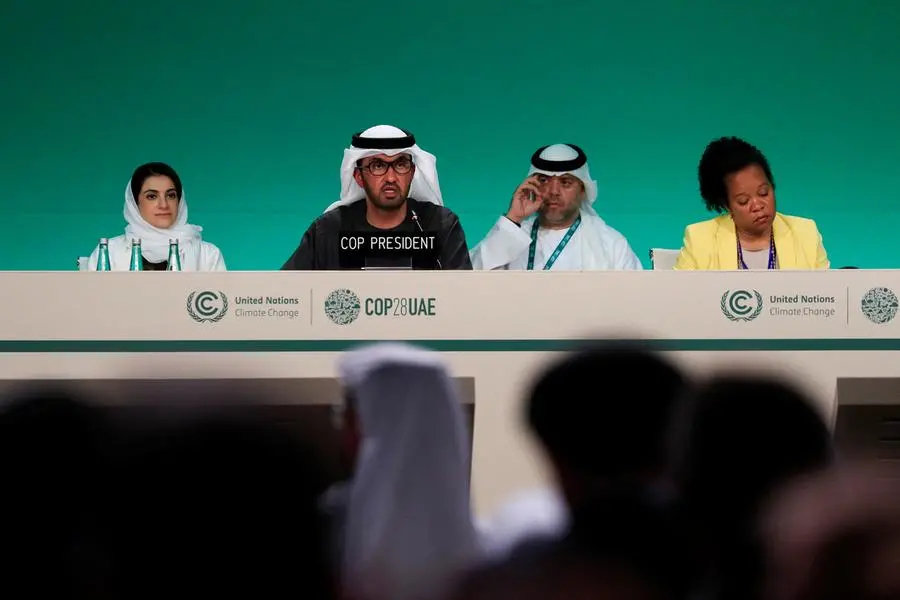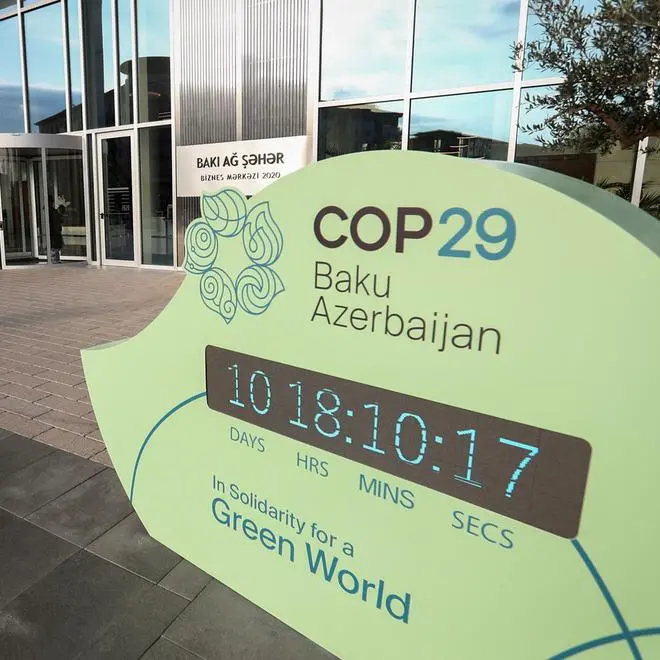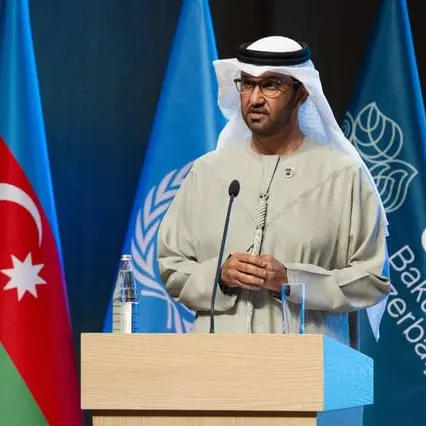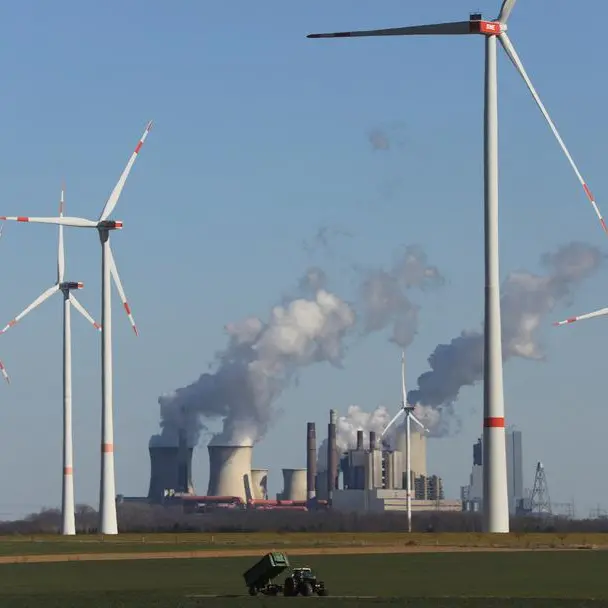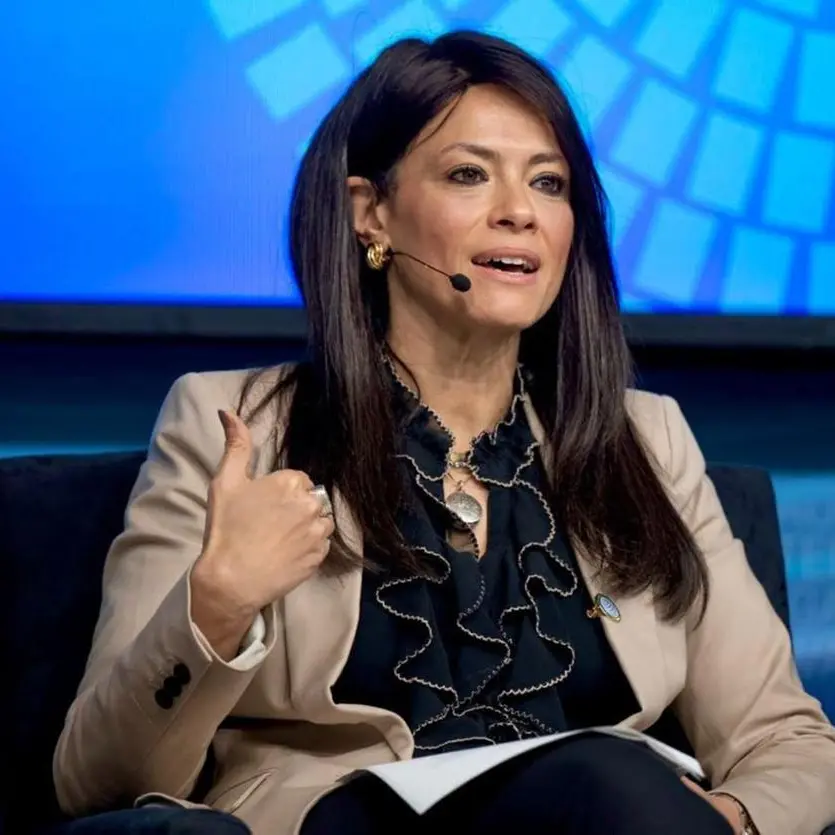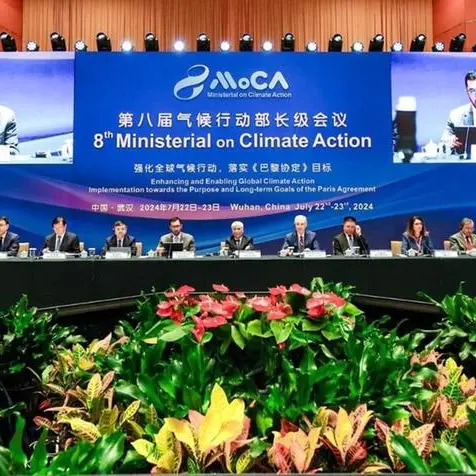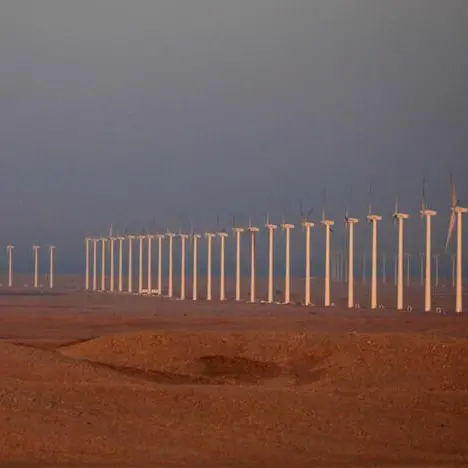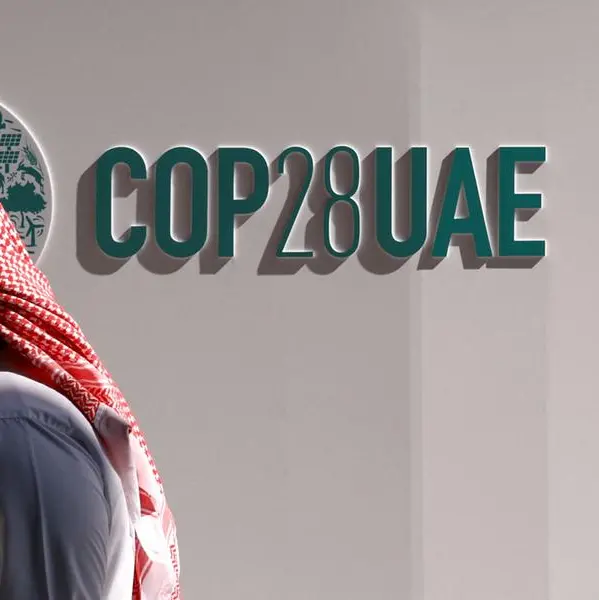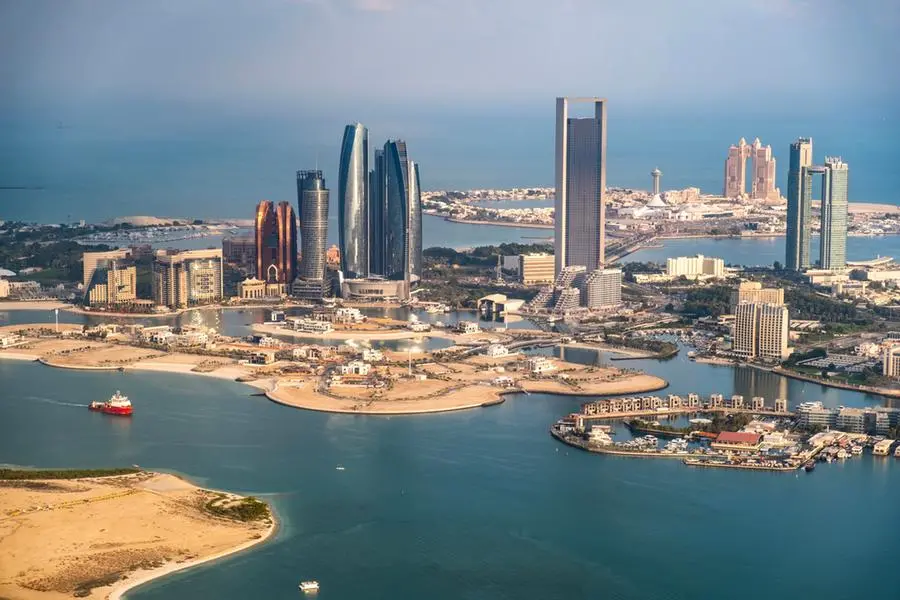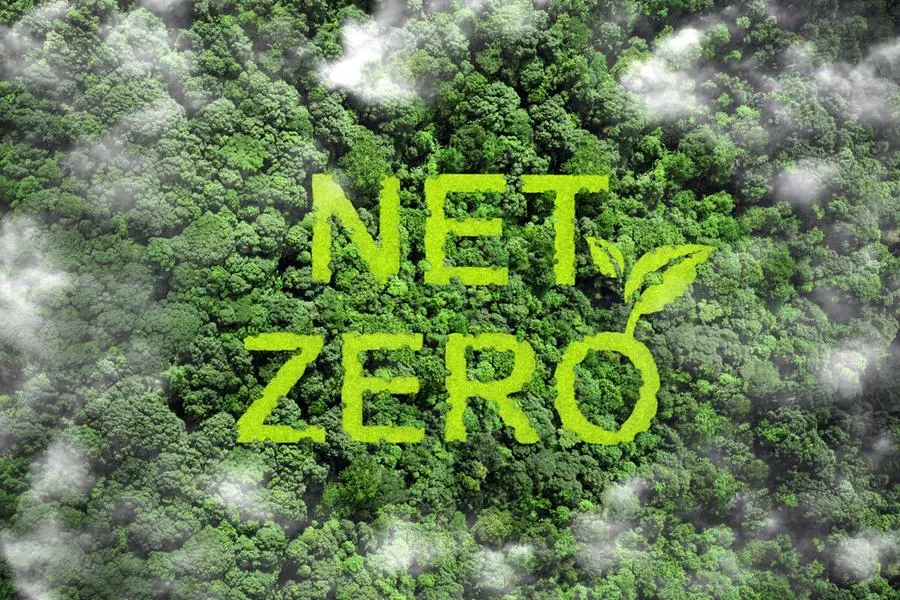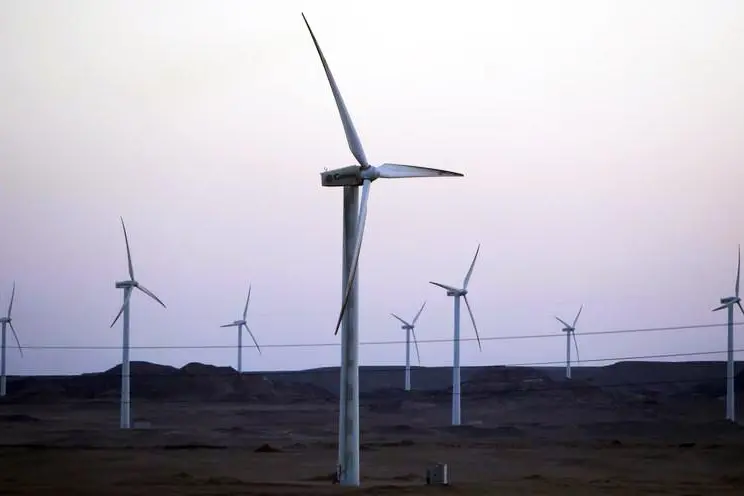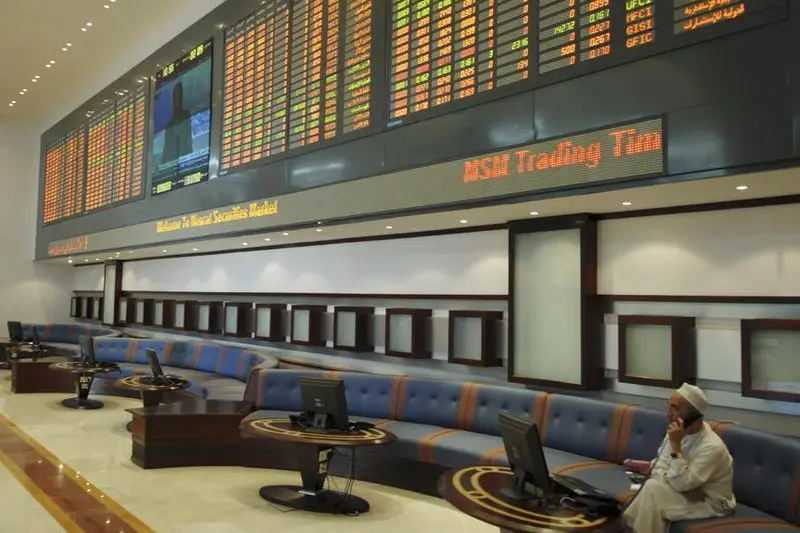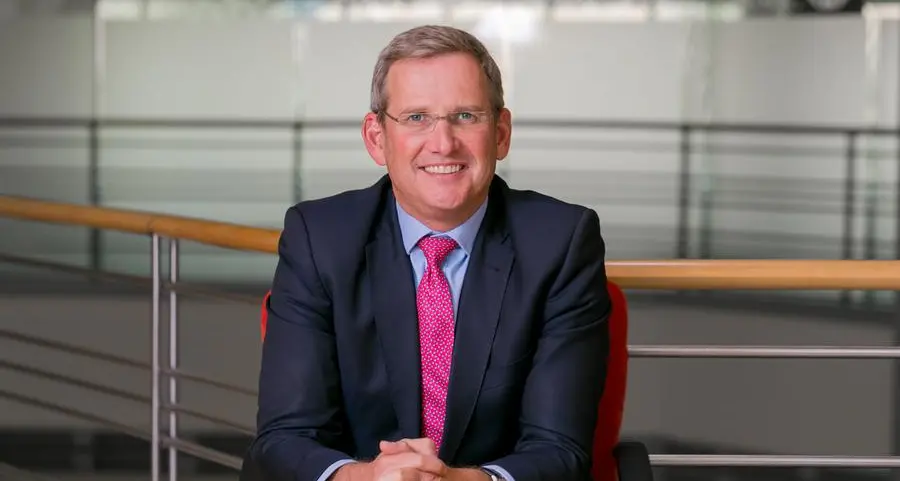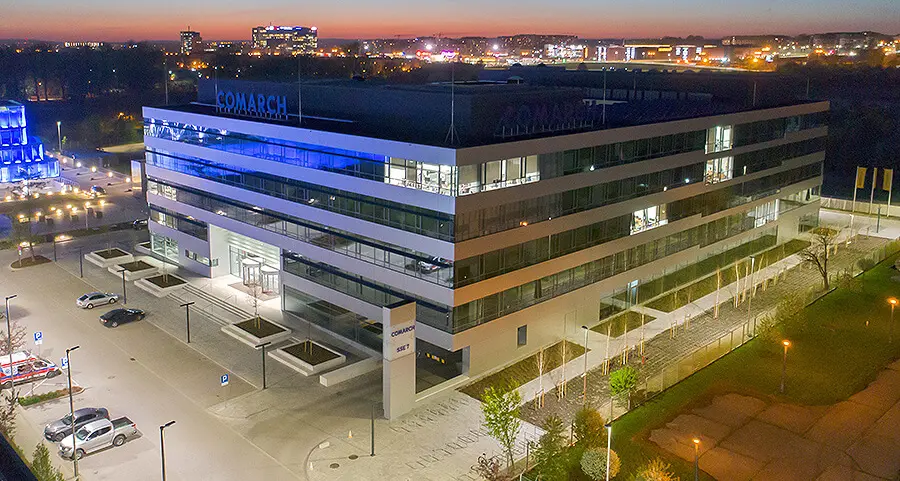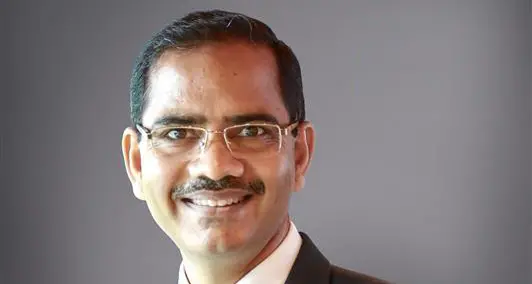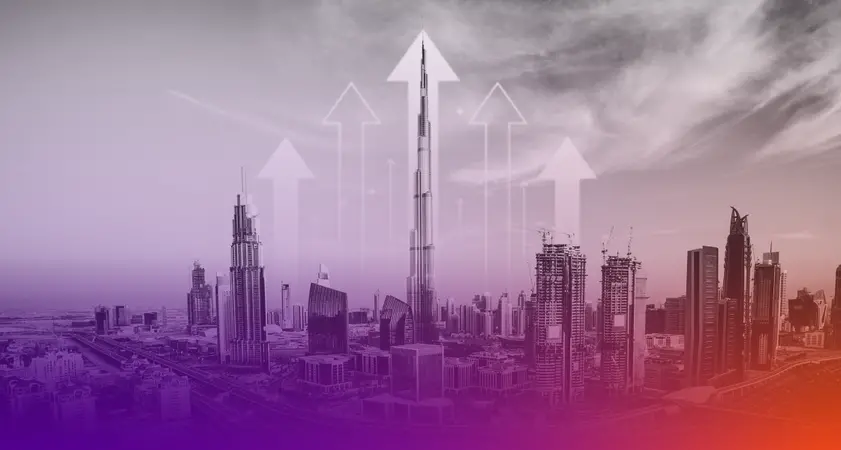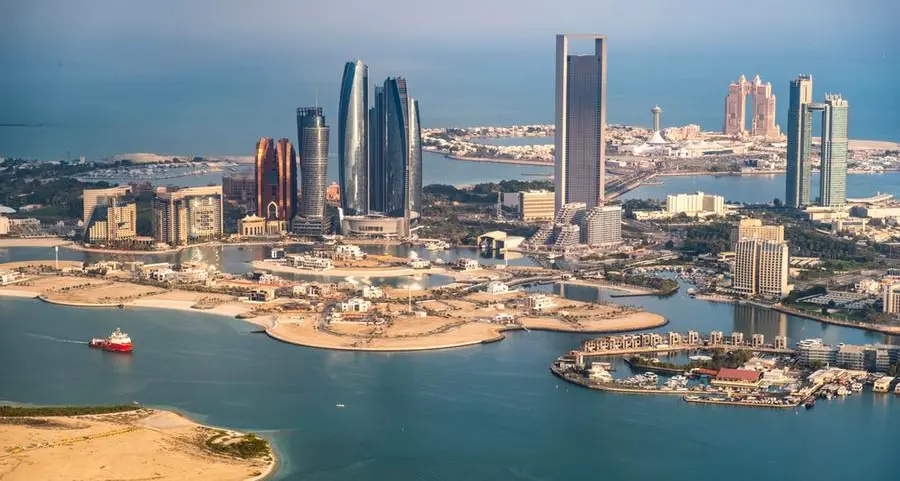PHOTO
COP28 President Dr Sultan Al Jaber urged ‘even more flexibility’ from parties to get negotiations to the finish line on the penultimate day of the UN climate summit, following the publishing of the Global Stocktake Draft Text.
He told an evening plenary session: “It is in the hands of the parties whom we trust to do what is best for humanity and the planet. This text reflects those ambitions and is a huge step forward.”
The draft text does not mention phasing out of fossil fuels but talks of reducing both production and consumption to achieve net zero by 2050.
Al Jaber said at the session: “We need to focus on everyone on closing out the toughest issues that continue to remain.
“I need all parties to show even more flexibility to get us to the finish line as the world is watching and looking at the headlines until we get this done.”
The COP28 President also said that items like fossil fuel language in the draft text can be discussed further: “If I can help, my door remains wide open to all of you.”
He told parties: “You have already shown what a different mindset and a flexible approach can deliver, now we must work much faster and much smarter.
“We have no option but to work together, we must work collaboratively and between that time we have decided we will stay laser focused on our North Star, let’s keep that focus on keeping 1.5C.”
Climate experts have already called out the Draft Text, which was published Monday, as ‘regressive’ with protests taking place at the Expo City Dubai site.
Harjeet Singh head of global political strategy at Climate Action Network International said: “The latest Global Stocktake text on fossil fuels represents a significant regression from previous versions.
“If we fail to issue a decisive and strong directive from COP28, we stand at the precipice of crossing the crucial 1.5C warming threshold. Such a scenario would unleash catastrophic consequences globally, disproportionately affecting the most vulnerable communities.”
Catherine Abreu, founder and executive director, Destination Zero, which works with networks and non-profits, told Zawya on the sidelines of the summit: “We got a tremendous amount of transparency into what parties were looking for. That was an unprecedented conversation in the need to accelerate the phase out of fossil fuels and increase the scale of renewables and efficiency and this conversation happening at a COP two years ago would not have been possible.”
“From what I have been hearing, the odds of this text being accepted are quite low. We do have a standalone paragraph developing abatement technologies, which need to be scaled up at the same level as renewable technologies.
“We need to be prioritising political and financial resources in this decade to significantly scale up renewable energy and importantly and use that renewable energy to remove fossil fuels. That’s why it’s also important those pieces are also connected in the text,” Abreu said.
(Reporting by Imogen Lillywhite and Bindu Rai; editing by Seban Scaria)
